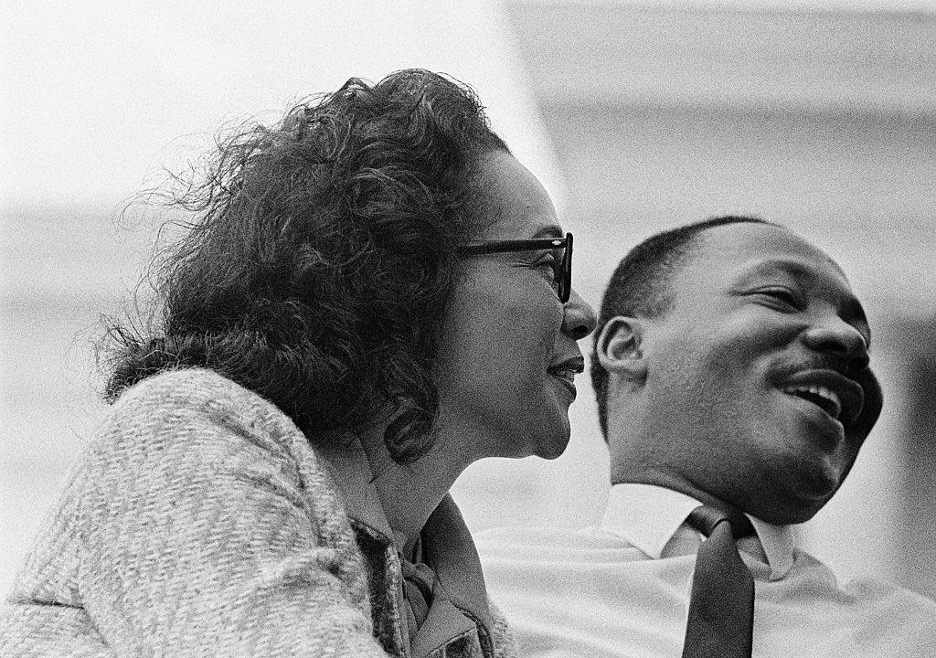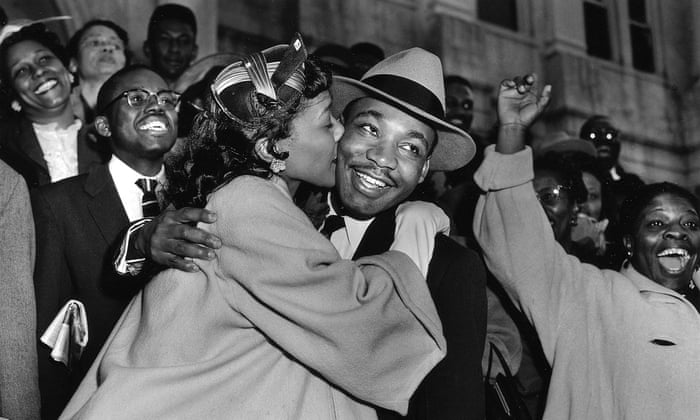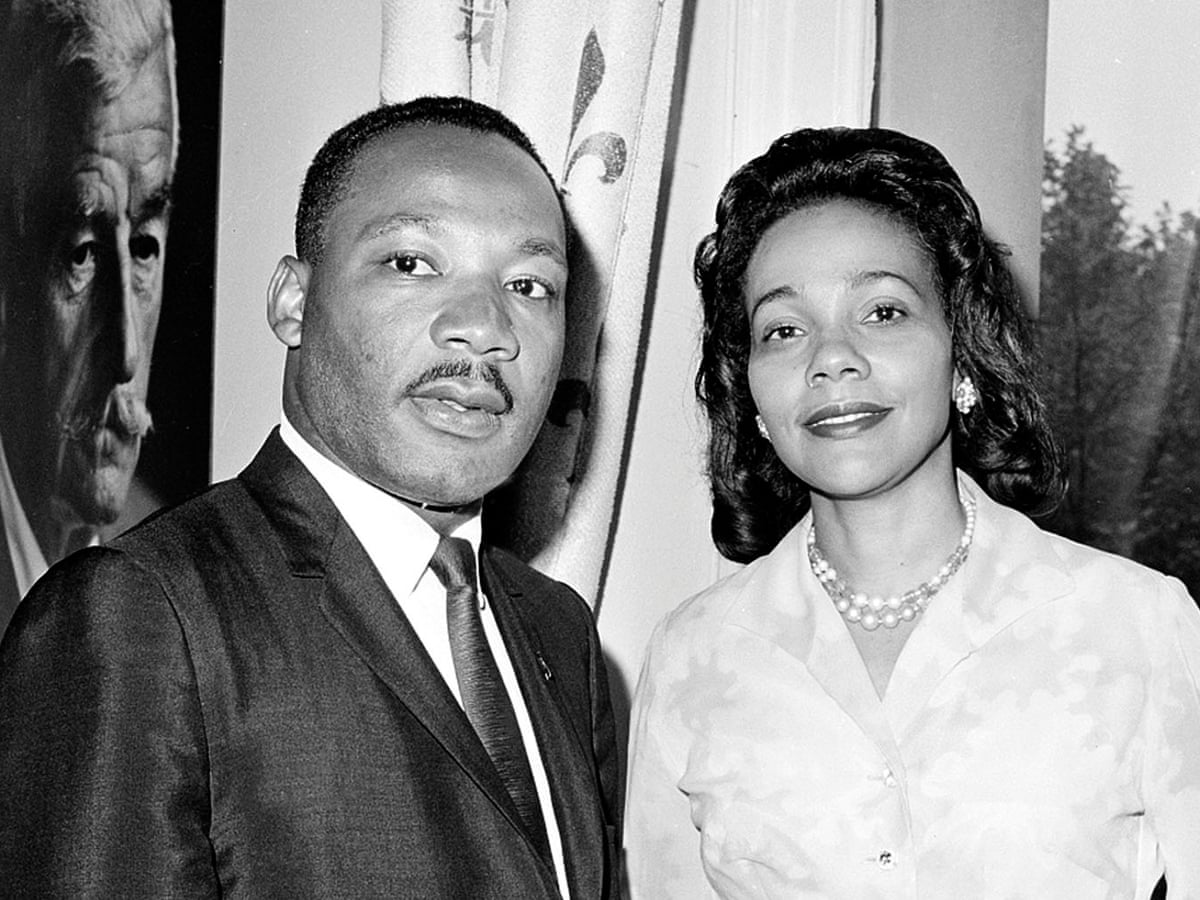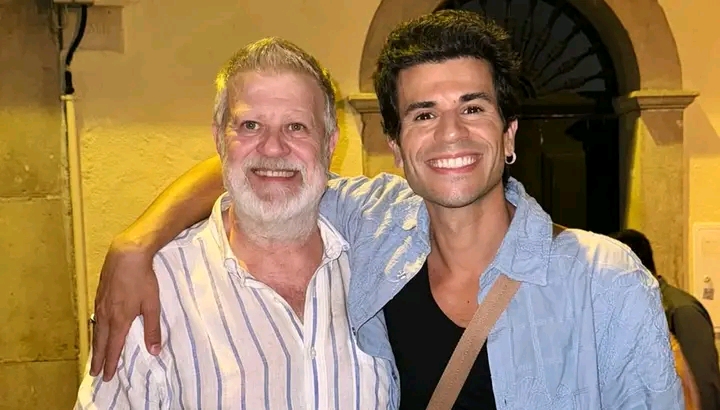In a revelation that historians are calling “earth-shattering,” a pair of forgotten notes discovered by Coretta Scott King has forever altered the way we understand Dr. Martin Luther King Jr. — his message, his mission, and the full weight of his unfinished fight.

Just weeks after his tragic assassination in 1968, Coretta discovered two handwritten notes tucked inside her husband’s coat pocket, notes that revealed an unspoken speech King had prepared — a searing anti-war message that was never delivered. For 23 days, she held them close, struggling with their gravity, before deciding to do the unthinkable: read them aloud to the world.
The moment came in New York’s Central Park, before a crowd of over 10,000 people. Her voice trembled, but her conviction burned through the air. As she read Dr. King’s words — his condemnation of the Vietnam War as a “betrayal of humanity” and a “lie” — the atmosphere shifted. The closing line, stark and simple, echoed across the park and into history:
“Thou shalt not kill.”

The message was explosive. According to declassified accounts, the White House privately labeled the notes “dynamite,” recognizing that they could permanently redefine King’s public image — from civil rights leader to full-fledged revolutionary. The implications were profound: Dr. King hadn’t just been fighting for racial justice; he was preparing to challenge the entire structure of American militarism and inequality.
Coretta’s decision to share the notes marked a turning point not just for her husband’s legacy, but for her own. No longer just “the widow of MLK,” she became the guardian — and amplifier — of his most radical ideals. Historians now credit that speech as the spark that fused civil rights with anti-war activism, a fusion that would influence generations of social justice movements to come.

Polls at the time reflected a seismic shift. In the months following Coretta’s reading, public opinion on both civil rights and the Vietnam War began to evolve. For the first time, Americans were beginning to see the struggle for racial justice and the fight for peace as intertwined battles — part of the same moral war against oppression.

Today, more than half a century later, the rediscovery of these words feels eerily relevant. In a world still fractured by violence, inequality, and division, Coretta Scott King’s act of courage reminds us that silence is complicity — and that sometimes, one small note can change the course of history.
“If they kill one dreamer,” she once said, “let a thousand more rise.”





